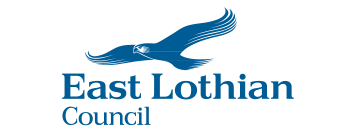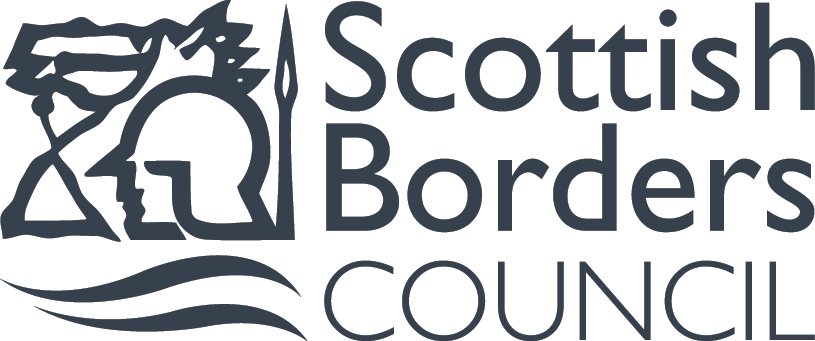Data-Driven Innovation programme publishes latest annual report
/The University of Edinburgh and Heriot-Watt University’s Data-Driven Innovation (DDI) initiative has published its latest Annual Review, highlighting achievements from the academic year 2024-25.
Twelve case studies feature in the review, covering start-ups and spin-outs, research, and partnerships delivering positive impacts for a range of industry sectors.
2025 closed with the news that the DDI programme was named Collaborative Initiative of the Year by the Institute of Economic Development, with judges describing DDI as a flagship model of collaborative economic development, delivering innovation, skills, and infrastructure at scale.
The year also marked the conclusion of DDI's investment phase and completion of the final two Hubs. In April, Edinburgh Futures Institute (EFI) was officially opened by the University of Edinburgh Chancellor, HRH The Princess Royal, alongside Jenny Gilruth MSP, the Cabinet Secretary for Education and Skills, the Lord Provost of the City of Edinburgh and other city representatives.
The DDI Hubs continue to deliver significant economic benefit, with many examples noted throughout the report. By combining strengths across the University of Edinburgh, Heriot-Watt University and City Region Deal partners, the initiative is driving inward investment, including support to grow emerging companies.
Achievements against targets are:
Talent: The programme exceeded its course target by 15%, meaning that the full end-of-programme Talent target has been achieved. In 2024/25, DDI saw more than 37,000 completions – an 18% increase from 2023/24.
Research: DDI delivered £188 million in research activity – a 17% increase compared with 2023/24. The programme delivered £778 million worth of activity in total, which represents 79% of its total research target.
Adoption: The programme generated £20 million in income alone, representing 21% of total activity to date. DDI has exceeded its end-of-programme target by 79%.
Entrepreneurship: The initiative supported 90 early-stage data-centric companies, surpassing its unique company end-of-programme target by 53%. DDI has exceeded its follow-on funding target by nearly 1,000%, with DDI companies receiving £225 million funding in 2024/25 alone.
DDI's Senior Responsible Officer, Professor Kim Graham, said: "Delivery of these outcomes requires commitment, imagination and ambition. I am grateful to our DDI staff and students for their hard work and thank our industry, third sector and civic partners, as well as the Scottish and UK Governments, for helping make the Edinburgh & South East City Region DDI programme so successful. The City Region Deal is evidence that local innovation funding – focused on growing regional sectors through the application of emerging future technologies – delivers to modern industrial strategies, boosting economic productivity, entrepreneurship and jobs."
Read the full report here









